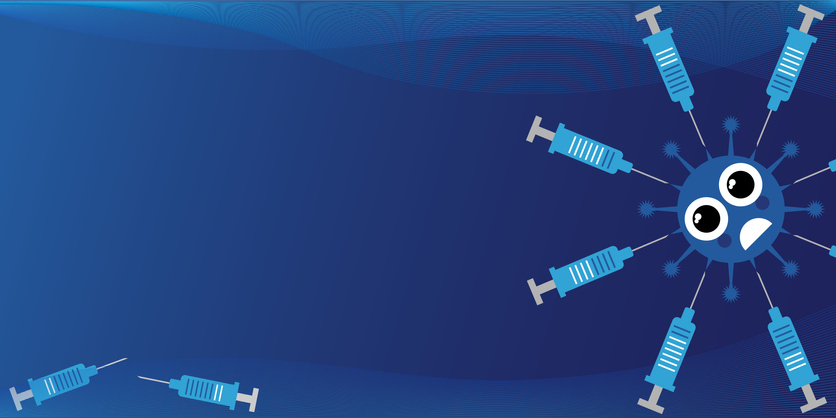Care Advice : Tetanus Prophylaxis
Tetanus prophylaxis

Tetanus is a serious infection that is caused by the germ known as Clostridium tetani, which is commonly found in the soil. The germ can get into the body through a cut or scrape and produce toxin causing nervous system disorder characterized by muscle stiffness and spasms. The muscle spasms may result in clenched fists, back arched off the floor, legs stretched out, and trouble breathing. When tetanus affects the respiratory muscles, infected persons may not be able to breathe. Tetanus is a fatal disease and prevention is important.
This infection happens most likely in people who have had an injury and who have not received tetanus vaccine at all or a booster dose when the immunity wanes. To reduce your chances of getting tetanus, you are advised to receive tetanus vaccine. Most children growing up in Hong Kong get this vaccine as a part of their routine vaccination programme.
The protection offered by the vaccination declines with time. Therefore, adults should get tetanus booster shots every 10 years when they have a wound. For bad wounds, you will need to get a tetanus booster shot if you haven't had one in the last 5 years. For adults who have not received any tetanus vaccination before or in whom the vaccination history is uncertain, they are advised to receive a full course of tetanus vaccine, which entails three doses of vaccination given at the time of the injury, 1 month and 7 months after the injury.
Tetanus and pregnancy?
Tetanus vaccination is safe to use during pregnancy. Depending upon the immunization history, tetanus vaccines can be given to all pregnant women as a part of post-exposure prophylaxis management.
Wound management
When you suffer from an injury resulting in a wound, you should clean and wash it immediately with water and soap. If your wound is bleeding, press a clean cloth or bandage firmly on the area. You can also help slow the bleeding by holding the wound above the level of your heart. If your vaccination status is unknown or you are unvaccinated, appropriate tetanus prophylaxis should be administered as soon as possible.
Besides tetanus prophylaxis, you should consult a medical professional when:
- Your wound cannot be cleaned completely
- There is dirt, glass, or another object in your wound that you can't remove
- You cannot stop the bleeding after 20 minutes of direct pressure
- You are not sure about your tetanus immunization status
- You have an animal bite wound
- You have a contaminated wound or a puncture wound
- You have a deep wound that may need stitches
- Your wound appears to be infected
- You have diabetes or other chronic illness that may impair your immunity.
Should you have any doubt, please consult your doctors or nurses





